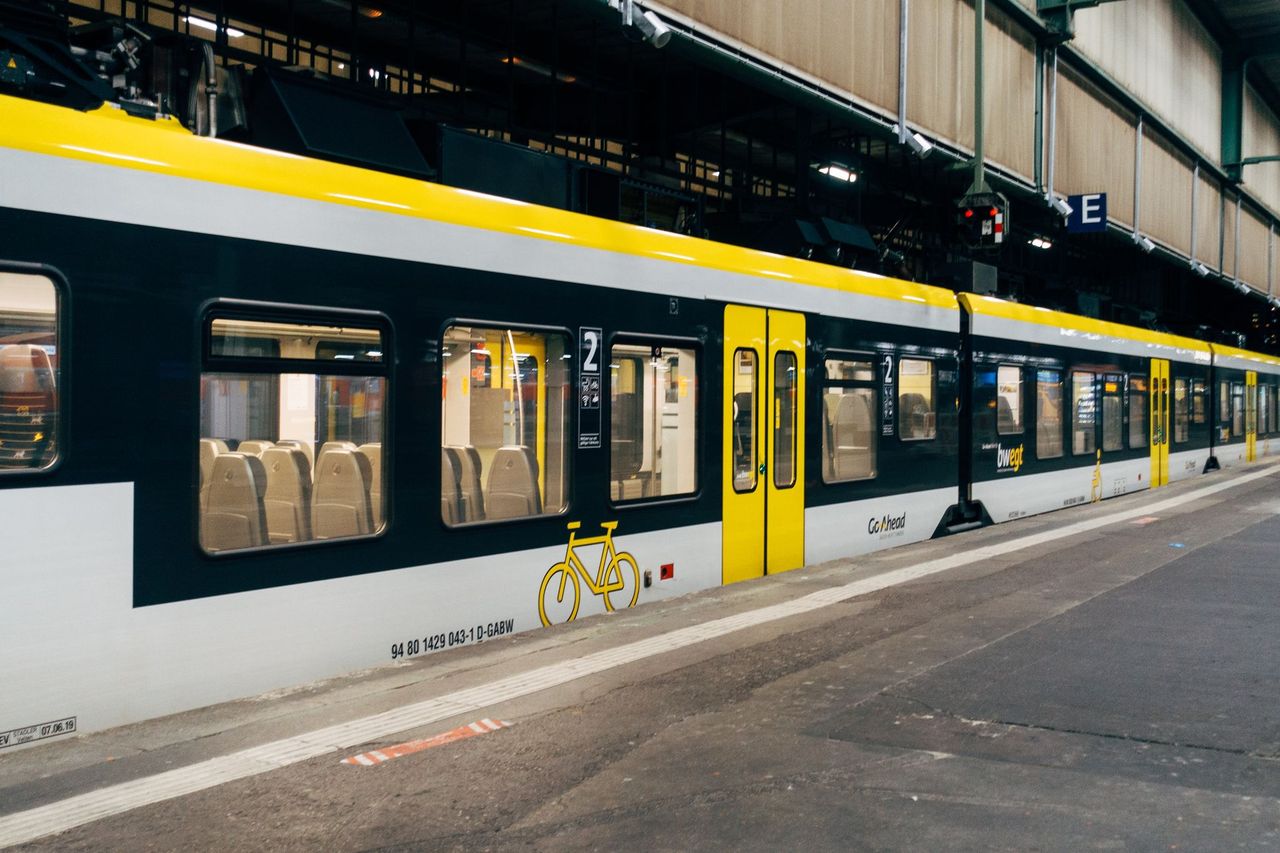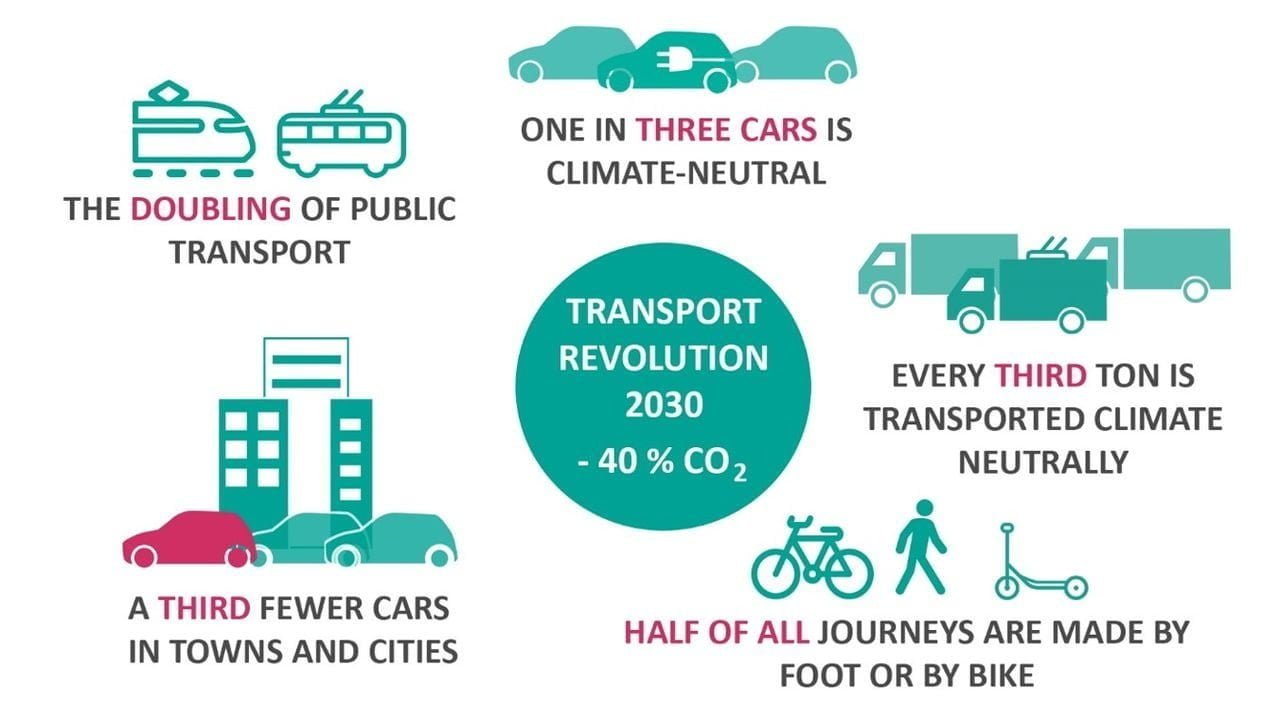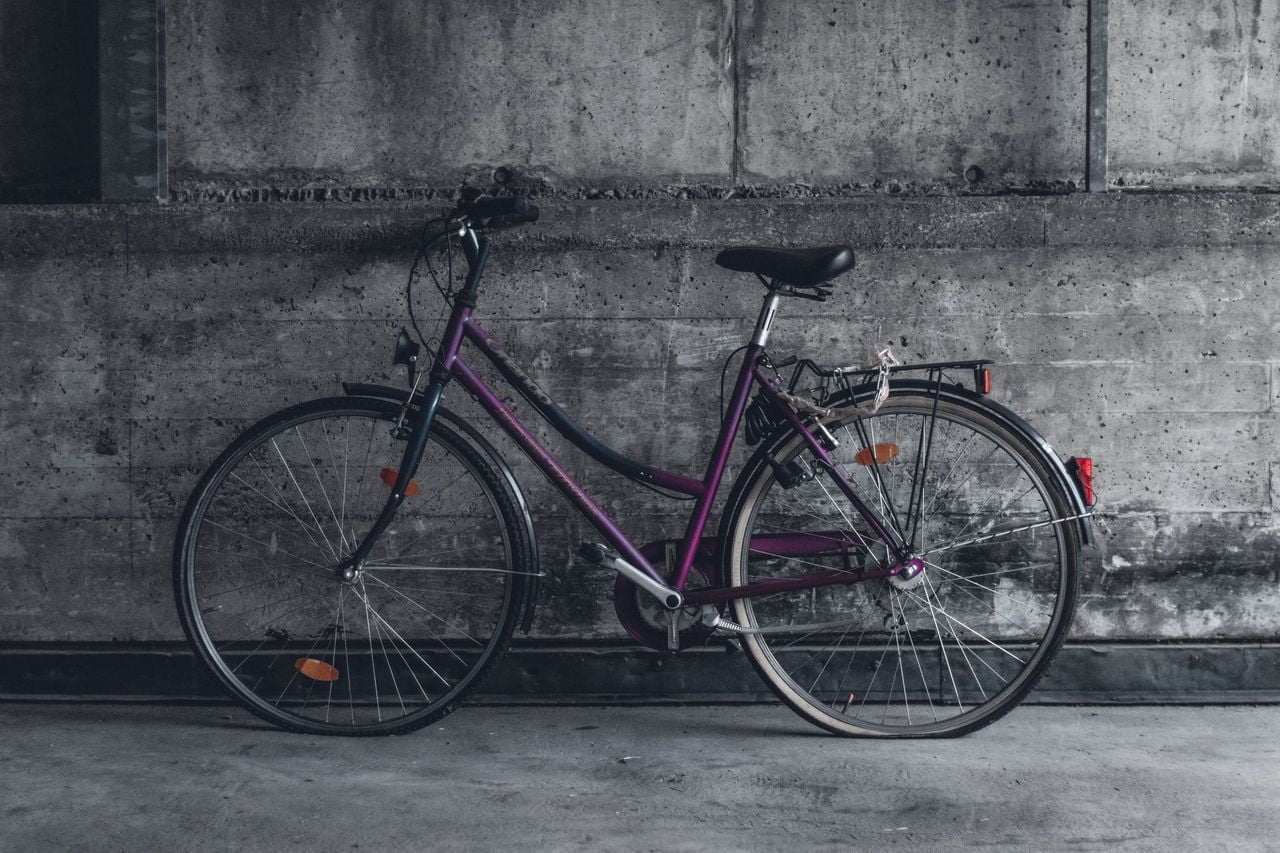Getting tough on transport: Baden-Württemberg
Baden-Württemberg is somewhat of a late mover in sustainable mobility. However, what it lacks in experience, the Region and federal State makes up for it in tough action. Christoph Erdmenger and Simone Fedderke report on the Region’s efforts.
POLIS member, Baden-Württemberg is a federal State in Germany at the border between France and Switzerland; its 1.101 municipalities are home to around 11 million inhabitants. Once Germany’s “Autoland”, Baden-Württemberg has spent the last decade pioneering sustainable mobility in Germany.

U14 stop at Berliner Platz (Liederhalle) in Stuttgart, © Marcel Strauß via Unsplash
The Region’s efforts have been rewarded, with rising bicycle and public transport use, as well as achieving EU air quality standards throughout all its cities. It is not far from the truth when someone says that Baden-Württemberg is making substantial progress towards a more sustainable mobility mix.
However, if Baden-Württemberg is to achieve its climate targets – a 40% reduction in CO2 emissions from transport by 2030 – the Region will have to step up its game. In anticipation of this, the Baden-Württemberg's Ministry of Transport has developed a package of measures as part of the federal State government's Integrated Energy and Climate Protection Concept (IEKK).
The Ministry’s first step was the development of a Climate Protection Scenario, which laid out how climate protection targets in the transport sector could be achieved. The proposals, which include changes in public transport, parking regulations and bicycle infrastructure, bring local, regional and national actors together for a mobility framework which tackles climate change head on.
Ministry for Transport Baden-Württemberg
The Baden-Württemberg Ministry for Transport is a regional authority with around 270 employees, with its headquarters in Stuttgart. Organizationally, it is divided into 4 departments with a total of 23 units, led by Minister Winfried Hermann. The Ministry is responsible for transport infrastructure, as well as the development of new and innovative concepts for a sustainable mobility.
On the right track
A central feature of the Region’s climate plan has been public transport. In order to slash emissions, the Region has sought to replace car travel with shared transit services, aiming to double public transport usage by 2030. Progress appears to be fast, and thanks to competitive tendering, the train services have been increased by 30-50% since 2015. The Region has now begun work on bus services between is cities and rural districts with the aim of expanding bus services, using a new regional ticketing and pricing system called BW-Ticket, which – thanks to close collaboration between local authorities – allows fast, flexible and cheap travel across Baden-Württemberg.

With ample space for bikes, the bwegt train fleet makes multimodal commuting and travelling more comfortable than ever, © Markus Winkler via Unsplash
Steering the (car) conversation in a new direction
When it comes to vehicle emissions, Baden-Württemberg has set itself a major target; by 2030, one third of all cars in the Region are to be climate neutral. This goal will be driven by both electric vehicles and vehicles using other renewable energies. Expansion of sales is being fostered by dedicating exclusive lanes on streets for cleaner vehicles, funding for electric cargo bikes (there are currently more than 2.000 in use), and subsidies for those adapting their homes and offices to new, cleaner transport options. To top this off, Baden-Württemberg is conducting extensive activities into renewable synthetic fuels. The Region also aims to reduces urban car traffic by a third. Many cities have already begun to implement measures to achieve this, improving urban air quality, safety and bringing the Region one step closer to its climate goals. However, there is still a long way to go. Change is being sped by through financial instruments such as the Mobility Pass, which means drivers must purchase a permit for access to specific areas of the city.
Life is… a ride
Increasing journeys made by bike is also critical to the Region’s climate goals. By 2030, cycling should account for 20% of traffic, while pedestrians will make up almost a third. This goal would be met by empowering local authorities, co-funding the infrastructure and fostering a new “cycling culture” amongst citizens.
Among these goals to achieve there are for example the implementation of 500 km of congestion-free express bus lines and 1.000 mobility stations or expanding the bicycle infrastructure systematically with the aim of 20 new fast cycle lanes and doubling the bike and ride parking spaces or promoting the new mobility through target group campaigns. The Region has established a network of cycle routes between all cities, the RadNETZ Baden-Württemberg network, with the first cycle expressway opening in May 2019 and connecting Böblingen/Sindelfingen and Stuttgart, using a former military road.

Transformation of mobility 2030 in Baden-Württemberg, © Ministry of Transport Baden-Württemberg
Keeping it local to make it work
At the heat of Baden-Württemberg's climate action is the empowerment of local cities and districts. The Region’s proposals offer local authorities the opportunity to develop target-oriented strategies and effective implementation measures on an analytical, data-based basis, in order to activate local climate protection in their particular mobility strategies. The existing transport infrastructure fund offers local authorities 50% in co-funding of local transport infrastructure, plus a "climate bonus" of additional 25% for infrastructure projects with particularly strong CO2 mitigation effects.
Sustainable mobility is not just a whim for Baden-Württemberg: it has been embedded into the heart of the Region’s transport agenda and it will not go away anytime soon. The Ministry has recruited additional staff, including advisors for electric mobility, charging infrastructure managers and coordinators for mobility stations, they are all there to stay and make sustainable mobility thrive.
With its ambitious goals, sophisticated technologies, new legislation, and tailor-made subsidies which place cities and local authorities at the core of decision making, Baden-Württemberg is set to establish a truly sustainable transport agenda. We are all just here to observe.
The Ministry of Transport for Baden-Württemberg commissioned a study entitled “Climate Protection Scenario” to show how climate protection targets in the transport sector can be achieved. It uses the same models and methods as the BMVI's Interdependency Forecast so that results can then be extrapolated at a federal level. The German government's Climate Protection Plan 2050 also sets a sector target for transport in 2030 of a 40-42 percent reduction in CO2 emissions compared with 1990. The present climate protection scenario for Baden-Württemberg, which uses the same database as the Federal Transport Infrastructure Plan 2030 (BVWP), has adapted it to this goal.
An integral building block for encouraging cycling is the RadNETZ Baden-Württemberg – the local bike network. The RadNETZ provides cycle routes along the State’s most important places of establishment. The network has a length of around 7.000 km and connects around 700 municipalities. While selecting the routes, particular attention has been paid to the needs of everyday cyclists, as well as to a reliable signage system. The State’s long-distance cycle routes are also integrated into this network. The RadNETZ has been gradually expanded since 2016 and signs have been added throughout the State in order to create an attractive and state-of-the-art network.
About the authors:
Christoph Erdmenger is Head of Department Sustainable Mobility, christoph.erdmenger@vm.bwl.de
Simone Fedderke is Head of Division Climate Protection in Transport at the at the Baden-Württemberg Ministry of Transport, simone.fedderke@vm.bwl.de

